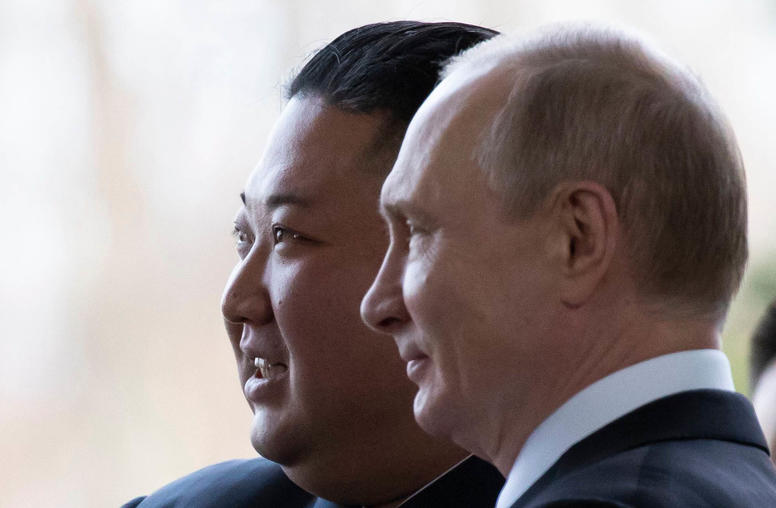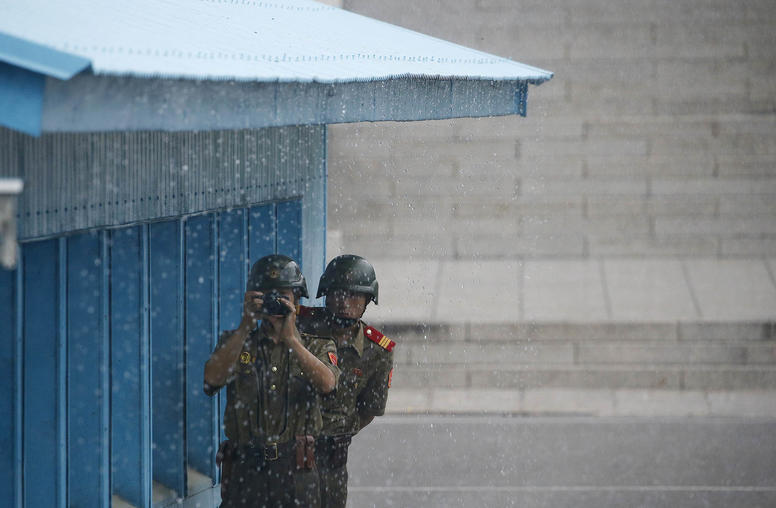The North Korean Food Crisis: What Can Be Done?
Food insecurity in North Korea has been a chronic issue for more than a decade. In recent months, a confluence of global, regional, and peninsular factors has sparked growing food shortages and hunger in North Korea. Dr. Marcus Noland will present key findings and policy recommendations from a Peterson Institute for International Economics report, "North Korea on the Precipice of Famine," that he co-authored with Dr. Stephan Haggard and Erik Weeks.
Speakers
- Marcus Noland
Senior Fellow, Peterson Institute for International Economics - Johanna Nesseth, Moderator
Vice President for Strategic Planning, CSIS - John Park, Moderator
Director, Korea Working Group, USIP



